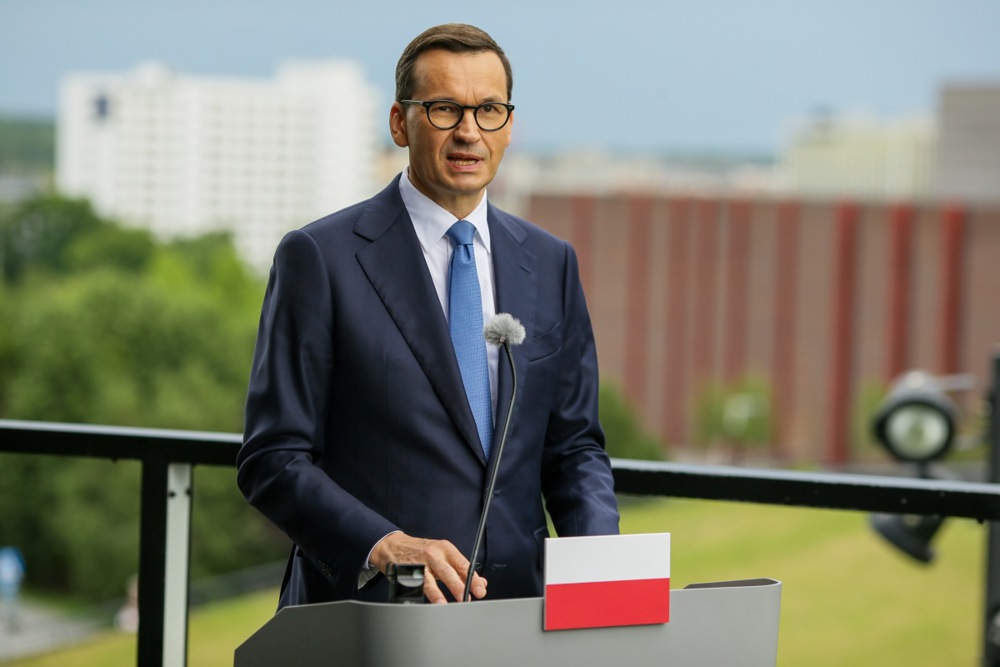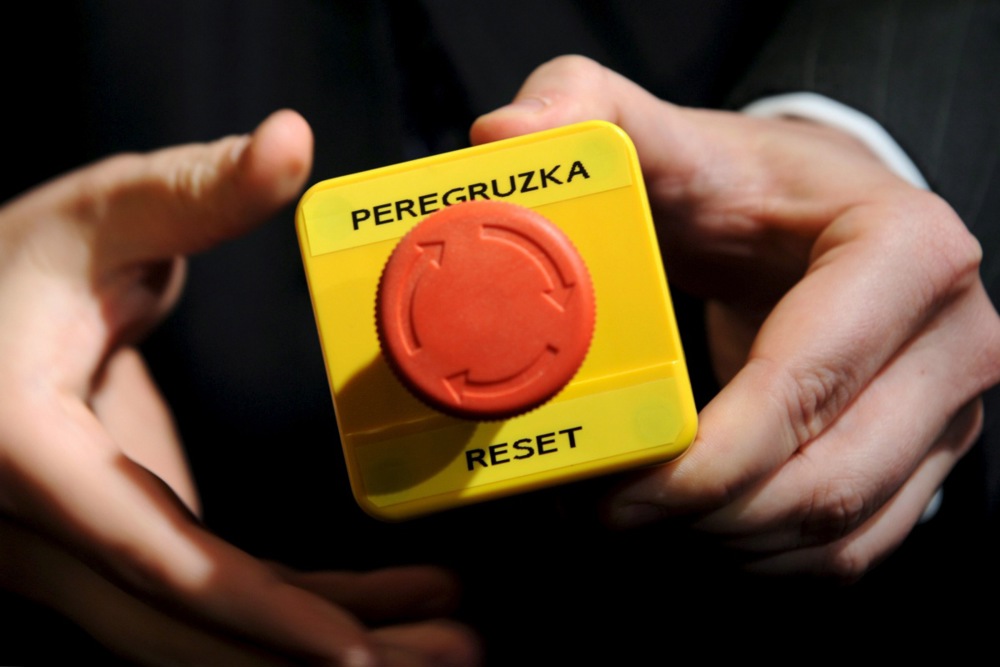Andrzej Poczobut, a journalist for Polish daily Gazeta Wyborcza and a Polish minority activist, is being denied life-saving heart medication in a Belarusian prison, according to Belarusia’s Union of Poles.
Marek Zaniewski of the Union of Poles in Belarus told media on August 30 that the imprisoned journalist has “been put in solitary confinement with no access to lawyers or medical care”. The information also appears on the website of Belarus’s human-rights group Viasna, which follows the plight of 1,496 individuals classified as political prisoners.
Poczobut has been in jail since March 2021. He is serving an eight-year sentence after a closed trial in which he was convicted for allegedly “sowing discord” and harming Belarusian national security.
His imprisonment is seen as part of the opposition crackdown that took place after mass protests at the re-election of Alexander Lukashenko as President of Belarus in an allegedly rigged vote.
According to Zaniewski, who now resides in the Polish city of Białystok, there is growing concern about Poczobut’s health. “Andrzej has been kept in complete isolation for six months. His situation is therefore deteriorating. He is being denied access to his lawyer, he is not receiving letters and we have learned that he is not receiving heart medication, which he needs to take every day,” he said.
Poczobut’s wife Oksana told Associated Press on August 29 that the conditions of his imprisonment were “akin to torture”. She said that, following his transfer to Navapolatsk prison in the north of the country, he was placed in a “punishment cell” for refusing to do hard labour. His visitor rights were also revoked.
According to Viasna, Poczobut has refused to sign a petition asking to be pardoned by Lukashenko. The journalist’s relatives have said that he was subsequently forbidden family visits and was not allowed to receive letters from his 12-year-old son.
Four other female Polish minority activists who are not journalists were also detained in March 2021 for “sowing discord” but were later released without their cases going to trial.
Lukashenko is reported to have hinted that he would release Poczobut if the Pole asked for clemency. However, Poczobut refuses on the grounds that this would be an admission of having committed a crime.
The Polish authorities have repeatedly called on Minsk to release Poczobut, while Belarusian opposition leader Sviatlana Tsikhanouskaya described the verdict against him given in February 2023 as Lukashenko’s “personal revenge” for the activist’s consistent opposition to his rule.
Rafał Dzięciołowski, head of the International Solidarity Foundation, believes that Lukashenko views Poczobut as one of his most dangerous internal enemies. That, he says, is because the journalist has “consistently revealed the nature of the Lukashenko regime and its hostility to free speech and Belarusian culture; like no one else, he defended Polish identity in Belarus and was an advocate of the republican tradition of striving for freedom.
“Unlike many in the West, he had no illusions about Lukashenko being totally dependent on Russia.”
On May 26, Poland imposed sanctions on 365 members of the Lukashenko regime in response to the decision of the Belarusian Supreme Court to reject Poczobut’s appeal against his conviction.
On June 1, Warsaw banned entry to Poland of freight vehicles from Belarus and Russia, although the ban is being sidestepped with the goods being reloaded onto vehicles with European Union or Kazakh registration plates.





